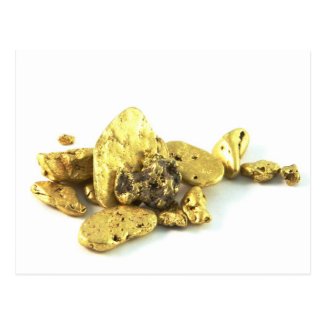Acid Test Meaning
In the world of finance and banking, the term “acid test ratio” is a number that tells you about the financial integrity of the company. It tells you how likely a company is to pay its short-term debts and obligations on time. Typically companies with low ratio numbers (especially those less than 1) are considered risky, whilst those with a higher number are in better stead and pass the figurative acid test. Have you ever wondered why such an assessment would be called an “acid test ratio”?
In non-financial terms too, why do we use phrases like: ” The acid test for your friendship is seeing if a friend will agree to take you to the airport at 5:30am!” How did “acid test” come to mean “the ultimate test of genuineness, quality and worth”? How did the phrase “acid test” arise?
The Rise of the Acid Test Phrase
It is interesting that the term “acid test ratio” is often used in the world of finance because its origin is based on the testing of something financially very valuable: gold.
Between 1848-1855 the famous California Gold Rush occurred, where a man named John Marshall discovered gold in Coloma, California. The people who were trying their luck to strike it rich and search for gold had to have a way of finding out if the metals they found were indeed gold and not some inferior base metal. One simple, quick and cheap chemical test used to affirm that the metal was indeed gold, was the Acid Test.

A drop of acid such as nitric acid was applied to the metal. Gold is a stable metal and resists corrosion in most acids. If the metal fizzed and showed corrosion after the acid application, it was a clear indication that the metal was not pure, genuine gold and was likely made of less precious base metals like iron, copper, nickel and zinc.
Ever since the widespread use of the Acid Test in the Gold Rush days, the meaning of “acid test” was popularized as the definitive test of something precious, genuine and important.
Related Articles
Other etymology articles you may enjoy:
- Pitch Black: Why do we say something is “pitch black”?
- Beefy: Why do we say someone is beefy?
- Bobby Policemen: Why are British Policemen called Bobbies?
- Butter wouldn’t melt in his mouth: Why do we say “butter wouldn’t melt in his mouth“?
- Sick as a Dog: Why do we say someone is “as sick as a dog”?
- Sleep Tight: Why do I say Sleep Tight?
Related Products








